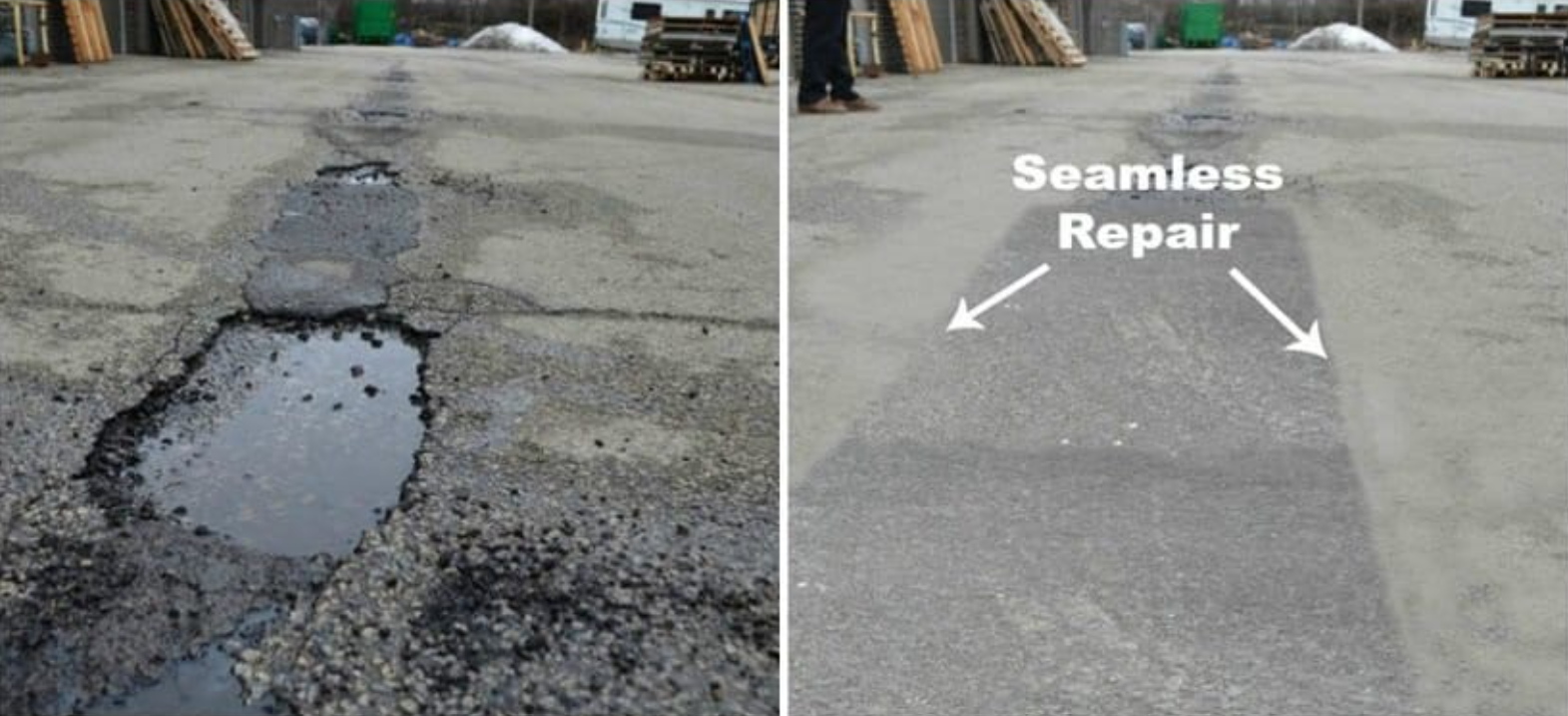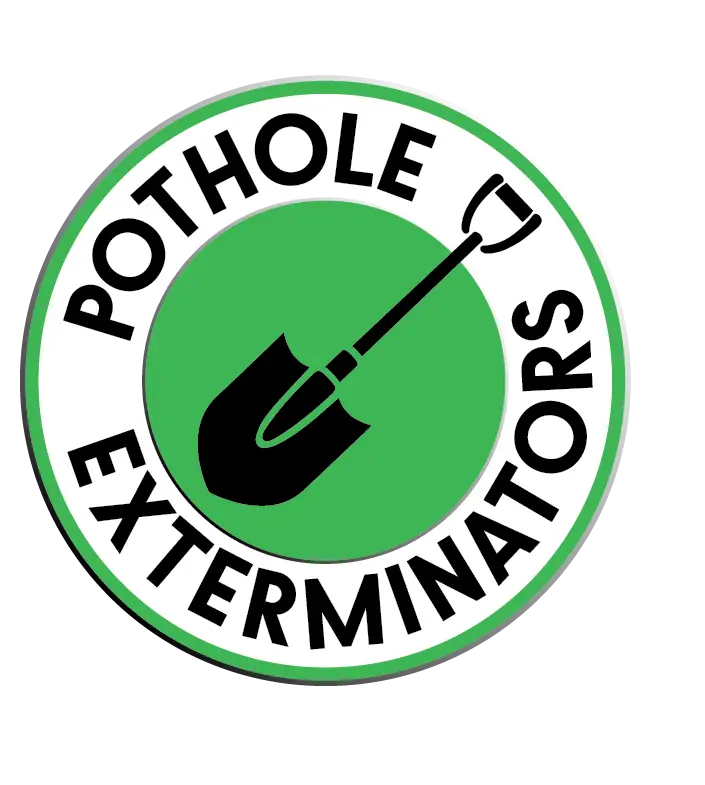Infrared Road Repair
Welcome to the leading edge of road maintenance solutions in New Zealand.
NOPOTHOLES
Infrared Heating Road Restoration Explained
Infrared road repair technology is revolutionizing the way we approach pothole repairs and road surface maintenance. This advanced method combines efficiency with cost-effectiveness, ensuring durable and timely repairs for safer, smoother roads.
What is Infrared Road Repair? Infrared road repair technology utilizes infrared heaters to warm up the existing asphalt, making it malleable without burning or damaging it. Once the asphalt is softened, it can be reworked, mixed with new asphalt if necessary, and then compacted to provide a seamless repair. This method is ideal for fixing potholes, cracks, and various pavement defects while preserving the integrity of the surrounding area.
This method not only fixes the pothole but also restores the road.
Applications: Infrared road repair can be applied to: – Potholes – Cracks – Seamless joint repairs – Pavement defects – Utility cuts This method is versatile and applicable across various asphalt surfaces, including highways, city streets, parking lots, and driveways
How it works ?
-
HeatingHeating: The infrared heater is placed over the damaged area to heat the existing asphalt to a workable temperature (typically between 150-200°C).
-
RakingOnce softened, the damaged asphalt is raked to remove debris and combined with new asphalt if required.
-
RejuvenationRecycling agents are often added to restore the asphalt’s original properties, ensuring longevity.
-
CompactionThe area is then compacted using a roller, creating a smooth, seamless repair that blends perfectly with the existing road surface.

NOPOTHOLES
The Clear Advantages of Infrared Technology
Faster Repairs: Infrared technology drastically reduces the time required for repairs compared to traditional methods. What once took hours can now be completed in minutes, causing minimal disruption to traffic and the public.
Cost-Effective: Traditional Road repair methods can be costly due to the need for extensive labour, machinery, and materials. Infrared technology minimizes these expenses by allowing for on-the-spot corrections using existing asphalt, requiring less new material and reducing overall costs.
NOPOTHOLES
Revolutionizing Road Repairs
Seamless Integration: One of the standout features of infrared road repair is the seamless blending of new and existing asphalt. This results in a repair that is barely noticeable and avoids the weak spots or edges often left by conventional patching.
Environmentally Friendly: Infrared technology promotes recycling by reusing the existing asphalt, reducing the need for new materials. This not only conserves resources but also reduces the carbon footprint associated with transportation and production of new asphalt.
Durability: Repairs made using infrared technology are more durable and long-lasting. The seamless integration and the rejuvenation of existing asphalt help to create a repair that withstands the test of time and adverse weather conditions.

